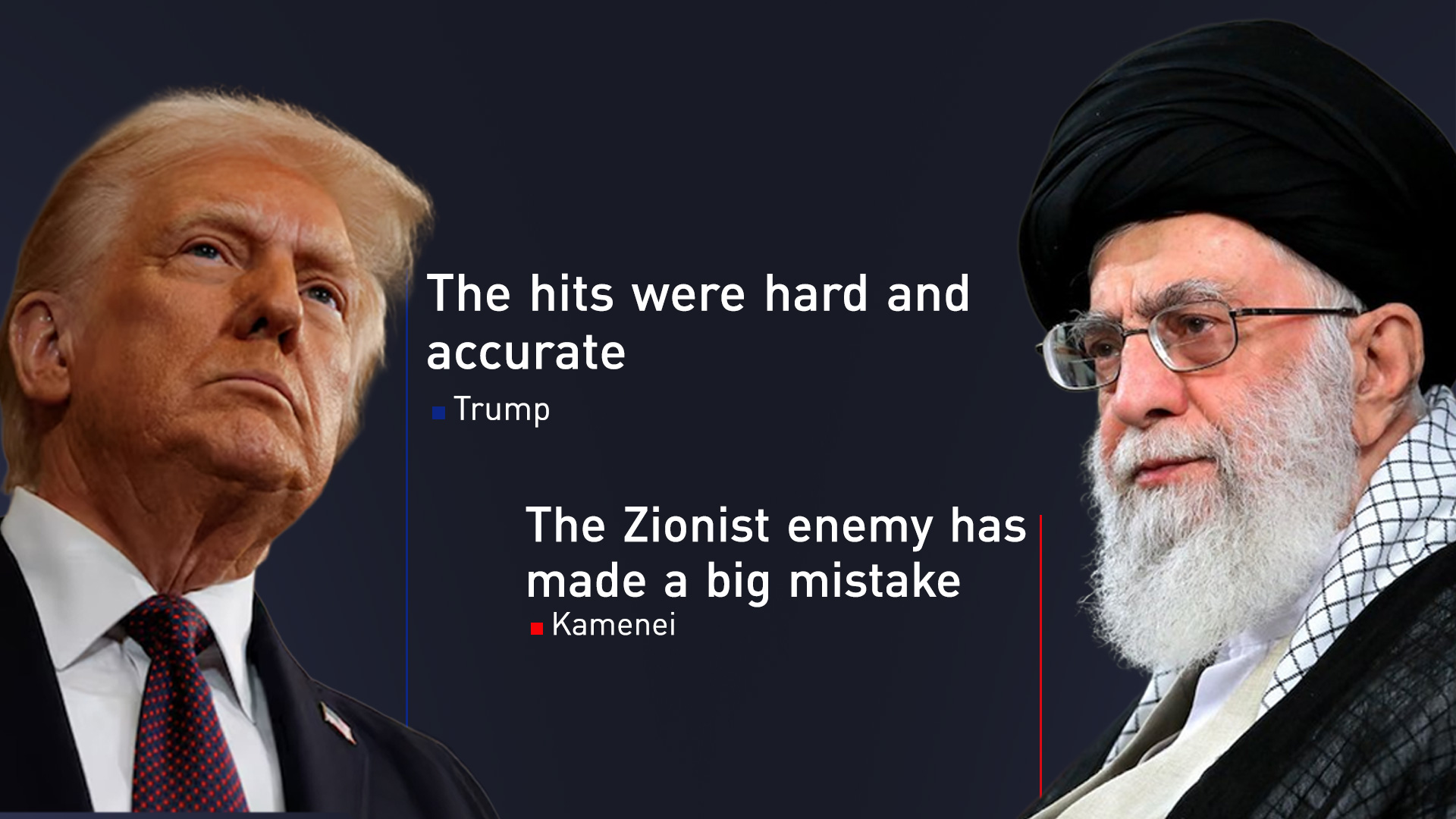Yes, the FBI, along with other U.S. Intelligence and law enforcement agencies, is indeed on high alert for Iranian sleeper cells following President Trump’s recent strikes on Iran’s nuclear facilities on June 21, 2025. This heightened vigilance is a direct response to the potential for Iranian retaliation on U.S. Soil.

Here’s why they are on alert:
Direct Retaliation Threat: Following the significant U.S. Strikes that Trump claimed “totally obliterated” Iran’s nuclear sites, Iran has vowed “unforgivable” retaliation. One of Iran’s known asymmetric warfare tactics is the potential activation of covert agents or “sleeper cells” embedded in Western countries, including the U.S.
Past Threats and Precedent:
Prior Warnings: Even before the latest strikes, U.S. officials, including FBI Director Kash Patel, had increased surveillance efforts on potential sleeper agents linked to Hezbollah (an Iran-backed U.S.-designated terrorist organization) since Israel’s “Operation Rising Lion” began earlier in June.
Soleimani Assassination Aftermath (2020): Concerns about Iranian operatives in the U.S. significantly ramped up after the U.S. assassinated Iranian General Qasem Soleimani in January 2020. In the wake of his killing, the FBI, Department of Homeland Security (DHS), and other agencies increased resources to counter potential threats. Prosecutors have since charged individuals with plotting to kill U.S. officials and critics of the Iranian regime.
Direct Threats to Trump: Reports indicate that Iran has previously threatened to activate sleeper cells in the U.S. in response to any military action, and there have been plots against President Donald Trump.
DHS National Terrorism Advisory System Bulletin:
On Sunday, June 22, the Department of Homeland Security issued a bulletin warning of a “heightened threat environment in the United States” following the U.S. military strikes.
While not citing specific, imminent threats, the bulletin explicitly states: “The likelihood of violent extremists in the Homeland independently mobilizing to violence in response to the conflict would likely increase if Iranian leadership issued a religious ruling calling for retaliatory violence against targets in the Homeland.”
It also warns that “low-level cyber attacks against U.S. networks by pro-Iranian hacktivists are likely, and cyber actors affiliated with the Iranian government may conduct attacks against U.S. networks.”
Nature of Sleeper Cells:
Sleeper cells consist of spies or terrorists who live seemingly normal, unassuming lives in a target country, remaining inactive until they receive orders to carry out a mission. This covert nature makes them incredibly difficult to detect, raising the alert level significantly when tensions escalate.
Increased Border Concerns: Some U.S. officials have also raised concerns about individuals who may have entered the country without sufficient vetting, potentially including those linked to hostile foreign entities, adding another layer to the domestic threat assessment.
In response to these heightened concerns, police departments in major U.S. cities like New York, Washington, D.C., and Los Angeles have already deployed additional forces to religious, cultural, and diplomatic sites as a precautionary measure. Intelligence agencies are working overtime to monitor and mitigate potential threats on U.S. domestic soil.
Join our socials
https://www.instagram.com/stranacmedia/
https://x.com/stranacmedia

